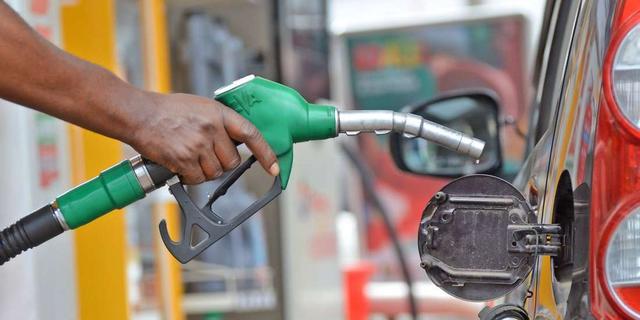Fuel prices in Ghana will go down by 15 pesewas per litre effective April 1, 2022. This reduction will be in place for three months.
This was disclosed by the Minister of Finance, Ken Ofori-Atta, on Thursday, March 24, 2022, while announcing measures put in place by the government to cushion Ghanaians against current economic shocks.
READ ALSO: Bank of Ghana increases policy rate to 17%
“To mitigate the rising price of petroleum products at the pumps for the next three months, government has decided to reduce margins in petroleum price build-up by a total of 15 pesewas per litre with effect from 1st of April,” he said.
“BOST margin reduced by 2 pesewas per litre, unified petroleum pricing fund margin reduced by 9 pesewas per litre, fuel markin margin reduced by 1 pesewa per litre, primary distribution margin reduced by 3 pesewas per litre. These are expected to reduce the price of petrol by 1.6 percent and diesel by 1.4 percent. We anticipate the measures taken to stabilise the currency will help further stabilise the prices at the pumps,” Mr. Ofori-Atta added.
He said, in addition to the aforementioned measures, the National Petroleum Authority and the Ministry of Energy are in talks with the various Oil Marketing Companies (OMCS) “to reduce their margins in the spirit of burden-sharing”.
Prices of petroleum products have skyrocketed within the last few days.
Diesel is currently selling between GH¢10 and GH¢11 per litre, while the price of petrol has crossed the GH¢9 mark at some filling stations.
This has led to an upsurge in general prices. A recent report released by the Ghana Statistical Service noted that petroleum and food prices are the major driving forces of inflation in Ghana in recent times.
Transport operators are also proposing to increase fares by 20% following the rise in fuel prices, after they last increased fares in February this year.
This has compelled Ghanaians and identifiable groups to put pressure on government to reduce some levies on petroleum products to cushion fuel consumers.





